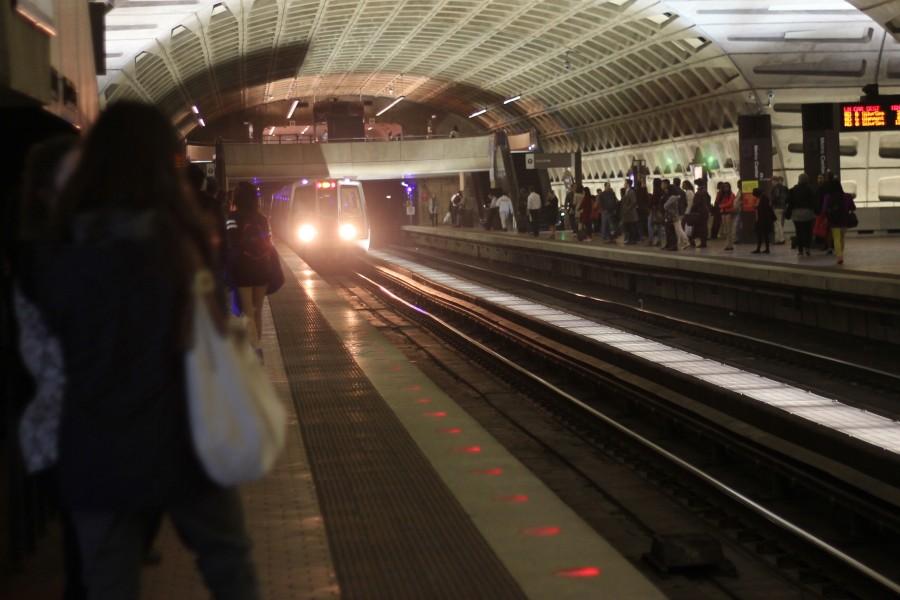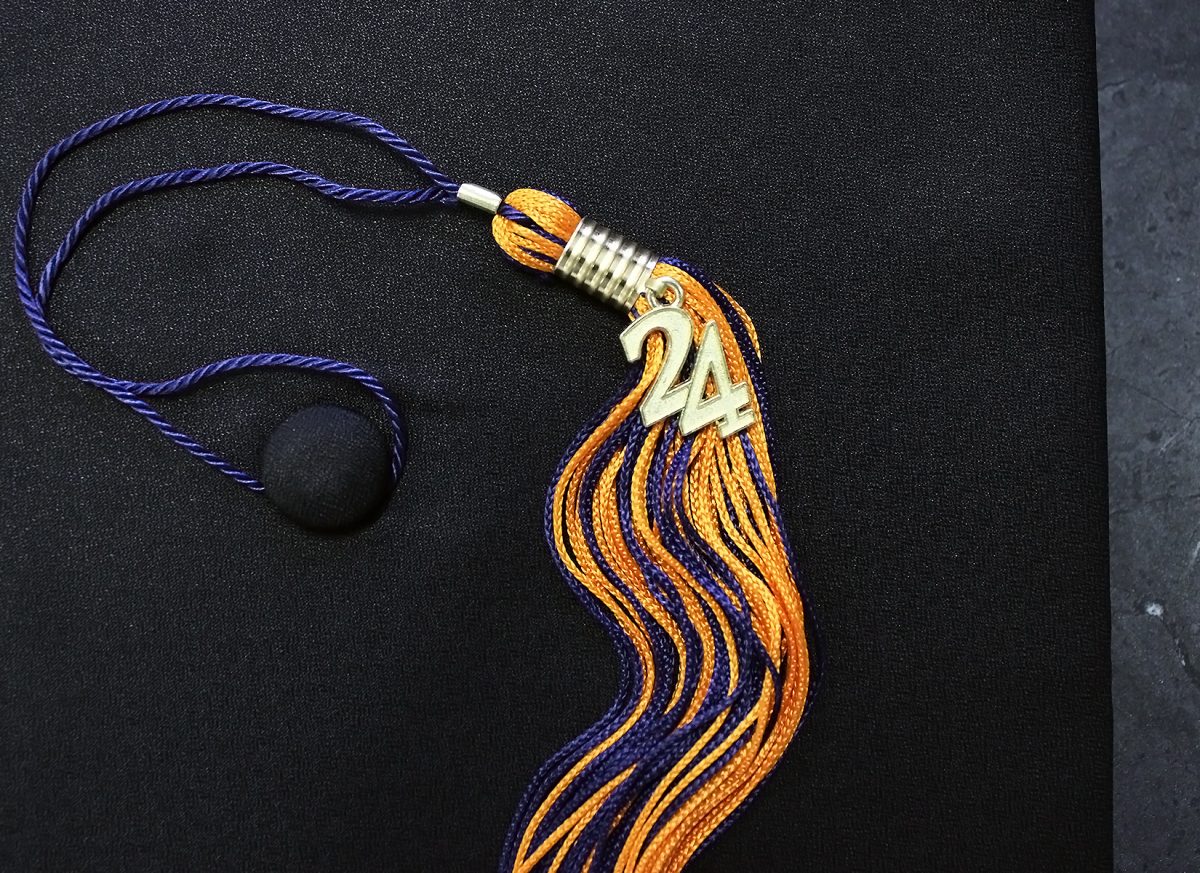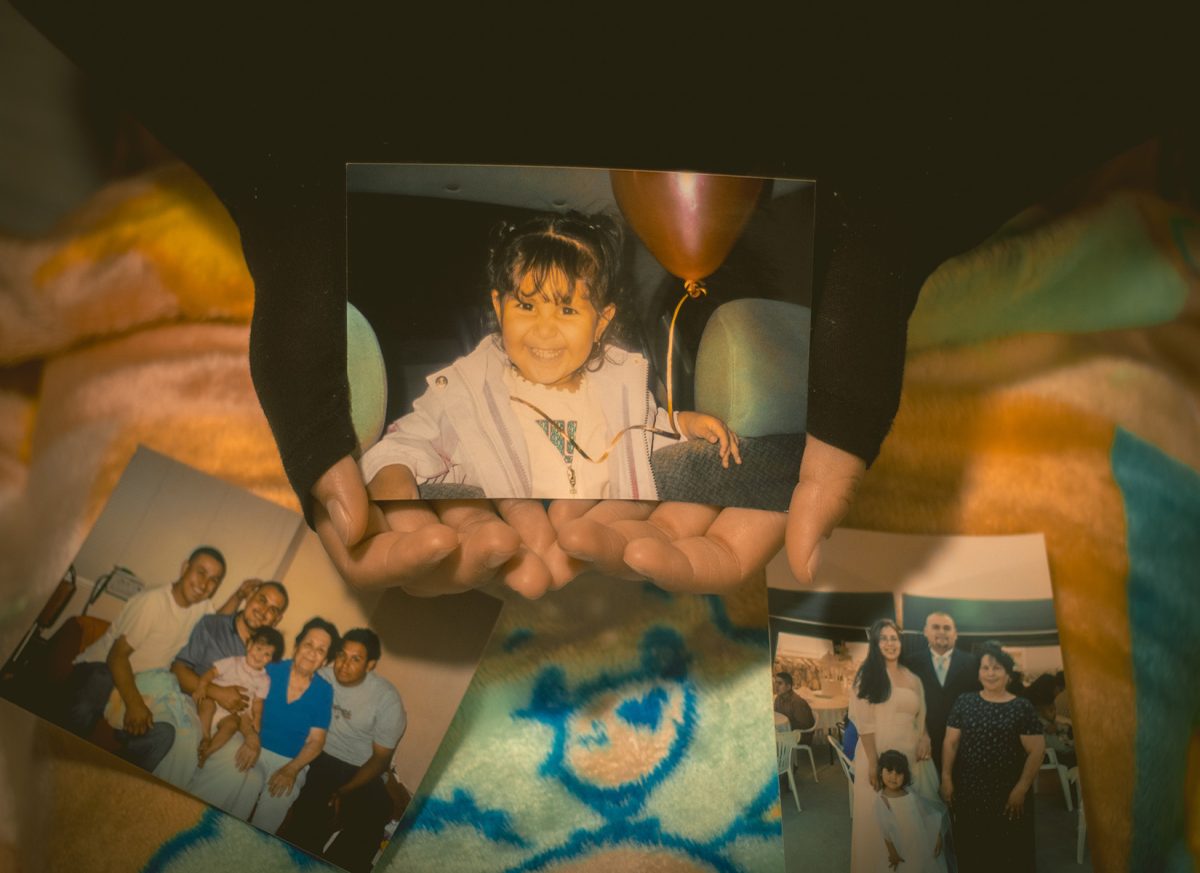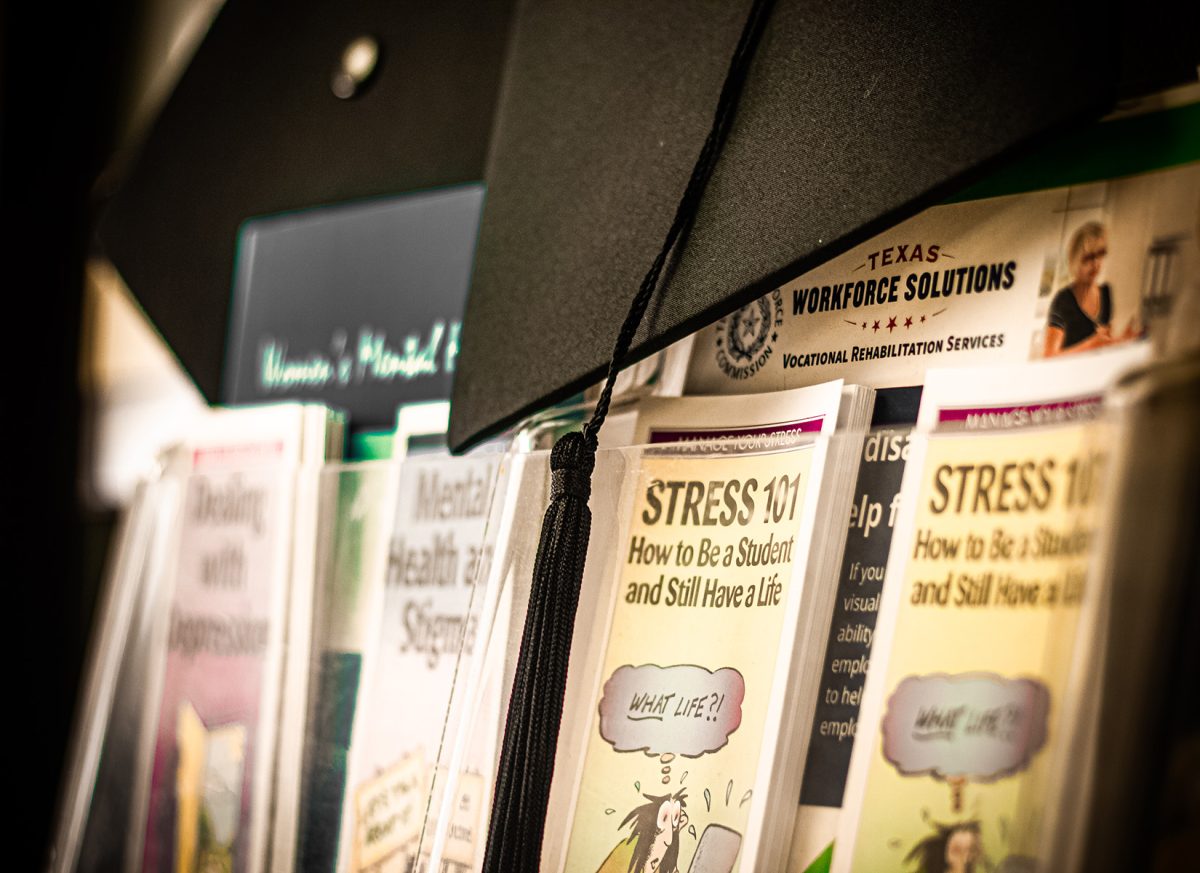WASHINGTON — Just based on its name, people could be forgiven if they don’t understand what the federal Highway Trust Fund pays for.
After all, in addition to highways, it also funds bridges, tunnels, carpooling and clean air programs, bicycle lanes, sidewalks, mass transit and other projects that help people move from Point A to Point B.
But a group of Republicans wants to get the fund’s priorities back to its namesake: highways.
“What we have is a trust problem with the American public,” Rep. Thomas Massie, R-Ky., said in an interview. “People will pay for roads, but they want to know money they’re paying is going toward roads.”
Two bills introduced in the House of Representatives in March — Massie’s DRIVE Act and the Highway Restoration Act — would try to save the troubled Highway Trust Fund by cutting billions of dollars of federal spending in mass transit and other non-highway programs.
First established in the 1950s, the trust fund was designed to be a self-sustaining source of federal money for transportation projects. It was based on the premise of user fees: People who need highways (drivers) pay a federal gas tax that would finance their roads.
But in recent years, the gas tax has become an inadequate source of money for several reasons. Among them, people are driving more fuel-efficient vehicles that don’t need as much gas, and Congress hasn’t raised the gas tax to keep up with inflation.
Today, about 20 percent of the $50 billion spent annually by the Highway Trust Fund goes toward mass transit, with more than half of that money going toward urban mass transit, maintenance and repair work.
The DRIVE Act and the Highway Restoration Act, introduced by Rep. Mark Sanford of South Carolina, would put an end to this non-highway funding. The DRIVE Act would also eliminate funding of transportation alternatives such as bicycle lanes and sidewalks, as well as some rural bridges.
“I think talking about reducing the liability of the trust fund is a prerequisite to increasing the revenues,” Massie said. “We shouldn’t be going through this annual exercise of finding fake offsets to fund our roads and bridges, when there’s enough fuel tax to fund our roads and bridges.”
Sanford was unavailable for comment.
The bills on their own don’t provide a long-term fix for the Highway Trust Fund, which tallies an estimated deficit of $16 billion each year and is scheduled to expire May 31. Eliminating the mass transit account would reduce that deficit by about $10 billion annually.
Massie said he and Sanford wrote the bills separately, without knowing what the other was doing. The end result was similar bills that both eliminate mass transit from the Highway Trust Fund, though Sanford’s allows for a five-year phase out period.
Massie said if the bills do not pass during this session of Congress — “I think it will probably be about May 30 when people start worrying about it,” he said — he would work with Sanford in the future to produce one united bill. A phase-out period, Massie said, is probably needed as a “practical reality.”
Ten Republicans are co-sponsors of one or both bills. No Democrats have joined their ranks.
Congress made a similar effort to remove mass transit from the trust fund in 2012 as it passed the Moving Ahead for Progress in the 21st Century Act, which regulates the Highway Trust Fund. A bill removing mass transit spending made it through the House Ways and Means Committee, but there was not enough support to push the idea through the Transportation and Infrastructure Committee.
Massie said the issue this time is “more acute,” and there may be support in the 114th Congress that didn’t exist in the past.
Though it’s too early to tell if the newest effort will be successful, Transportation Committee Chair Bill Shuster, R-Pa., is talking to members about cutting alternative transportation programs, his spokesman said.
Rep. Peter DeFazio, the top Democrat on the Transportation and Infrastructure Committee, said in a statement to the SHFWire that he doesn’t believe cutting mass transit spending is politically viable. The Oregon Democrat called efforts to do that “just grandstanding.”
“Republicans floated that idea in the House when we were putting together MAP-21 and it fell flat, even in their own caucus,” DeFazio said. “This Committee has heard from very Red States, from North Carolina, to Utah, to Texas about the need for local choice and allowing communities to invest in multiple modes to enhance mobility.”
Advocates for public transportation are, naturally, not thrilled by the proposition to cut their federal funding.
In a statement, American Public Transportation Association President Michael Melaniphy said the plan was “shortsighted.”
“Such an action would be catastrophic for public transportation systems nationwide and hurt the millions of Americans who use it every day in growing numbers,” Melaniphy said.
The White House offered its own response to the Highway Trust Fund’s problems Monday with a new version of the Grow America Act.
The $478 billion package would fund highway projects for six years. It would also give $115 billion over six years to public transit, a 70 percent increase over current levels, according to the Department of Transportation.
“The more there’s uncertainty in Washington, you’re going to see state and local governments spending less and less and less,” Transportation Secretary Anthony Foxx said at a Politico-sponsored event Monday. “Instead of arguing against ourselves on things we agree on let’s get six of years of certainty under our belts.”
Reach reporter Sean McMinn at [email protected] or 202-408-1488.






Phyllis Banks Cook • Jul 21, 2015 at 3:04 PM
Our tax dollars are being funneled to the 1% of the 1% to go into their personal coffers. People were asleep when the middle class jobs were moved to vassel countries. In those countries the citizens are treated like serfs. I look at our crumbling infrastructure and know that it is going to take a catastrophe to implement an emergency infusion of cash for repairs. I am hoping the tradespeople will not need to be retrained to work on the infrastructure.